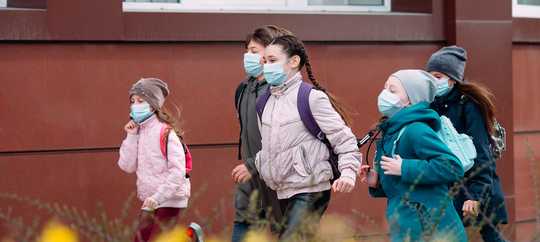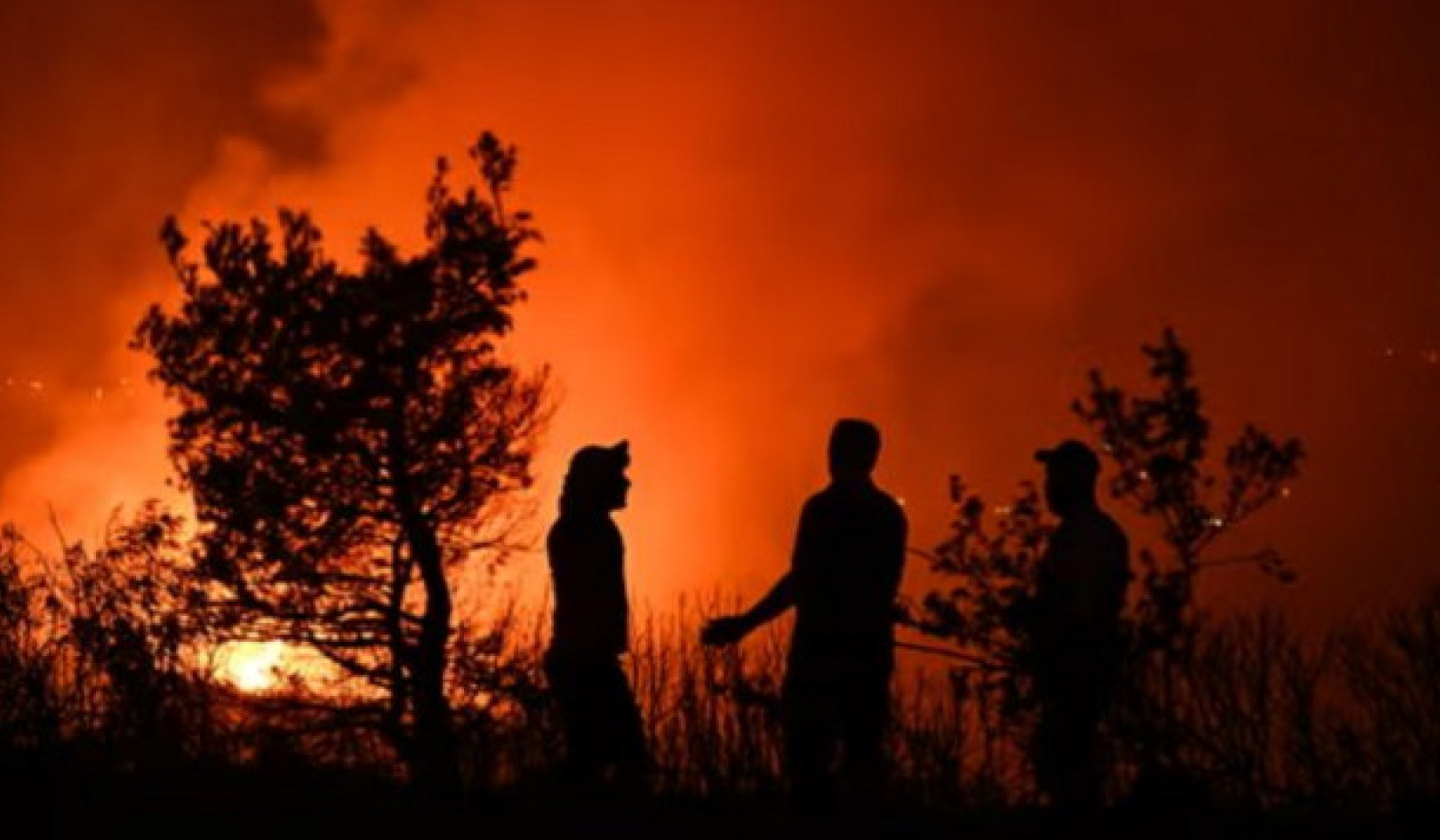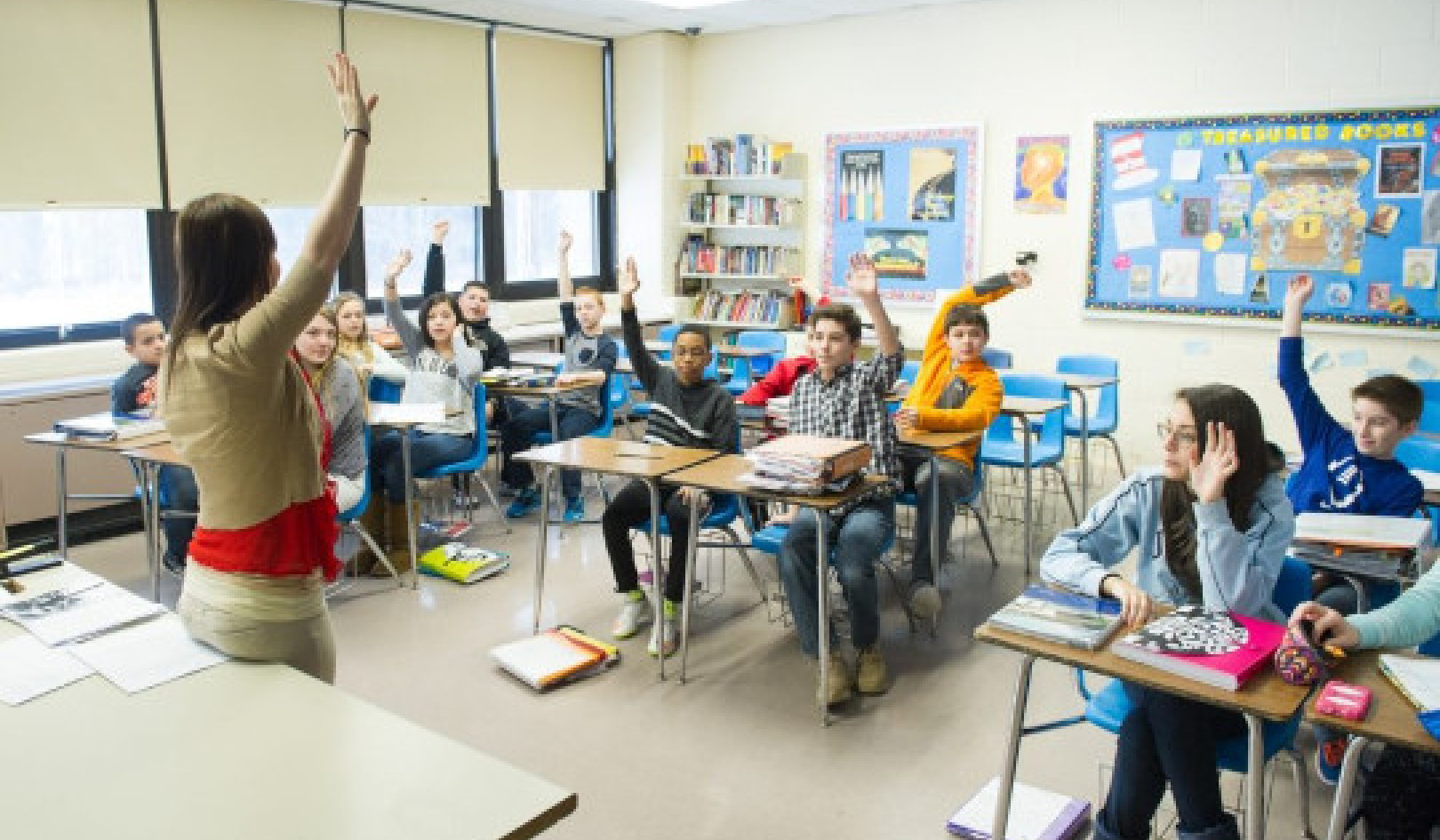
A new analysis stresses the need for caution when when reopening America’s schools.
The authors advocate for large-scale viral testing in children, contract tracing, and other actions to avoid compounding the COVID-19 crisis.
The analysis can serve as a roadmap not only in California but nationwide, according to Dan Cooper, professor of pediatrics at the University of California, Irvine.
The reopening of schools, which have been closed since mid-March, is viewed as essential to jump-starting the economy. The authors note that in the US, 40% of families have school-aged children and in more than 90% of these households at least one parent is employed outside the home.
“In the US, in an urgent attempt to curb the spread of SARS-CoV-2 and save lives, the nationwide closure of K-12 schools occurred rapidly,” the article states.
“Planning for schools reopening must be more deliberate, delineating precisely how, when, under what conditions, and base the reopening on available data.”
Although severe COVID-19 is uncommon in children, more community-based data is needed to determine whether most children avoid infection, or if infected, largely are asymptomatic—hence, “large-scale viral nucleic acid and serological testing in children is needed to guide safe school reopening,” Cooper and his colleague recommend.
Such an effort, they write, will require non-traditional testing sites such as homes, schools and “child-friendly” self-collection methods. The authors note that resources-constrained Title 1 schools, which are often located in low-income and minority neighborhoods, face additional challenges related to food security, safe transportation, healthcare safety nets, and emergency preparedness policies.
Cooper and his coauthors call for the expansion of school-based health centers as schools reopen and a review and adjustment of programs such as federally assisted school-based meal plans “to meet the unprecedented circumstances.” Many parents and caregivers, Cooper notes, are becoming unemployed with each passing week.
Attention also must be paid to children with chronic health conditions, who will be especially vulnerable during their return to school. After-school activities and physical education must not be reflexively abandoned, as the authors note that a lack of participation in PE classes is associated with social isolation and loneliness, and could lead to obesity—one of several serious underlining conditions of COVID-19 in adults.
“Preparing for schools reopening should include novel approaches to PE, structured recesses, and access to safe after-school activities,” the authors write. “The community at large will need to view schools as ‘healthy places’ for children and society.”
The analysis appears in the Journal of Pediatrics. Additional coauthors are from UC Irvine; the Children’s National Research Institute at George Washington University School of Medicine and Health Sciences in Washington, DC; and from states including Minnesota, Ohio, Arkansas, Washington, and Colorado.
The National Institutes of Health supported the research.
books_education


























